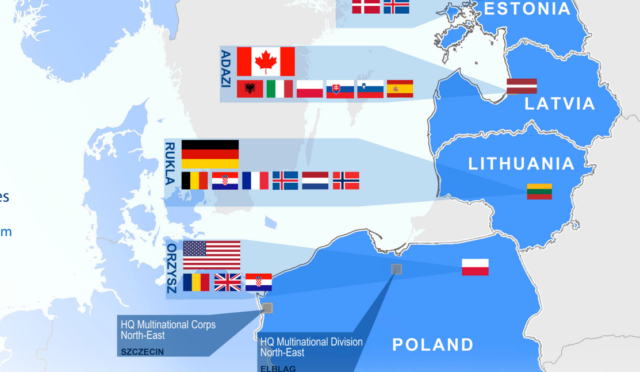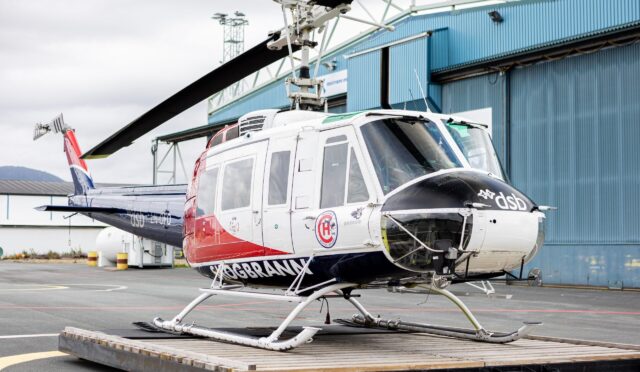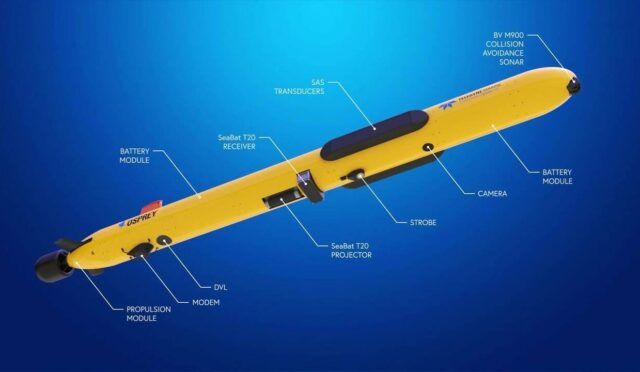Greece is reportedly set to invest over 1 billion euros in ammunition to support its fleet of F-16 Viper and F-35 fighter jets.
This significant procurement is aimed at enhancing the operational capabilities of the Greek Air Force, particularly in light of the ongoing modernization of the F-16 Vipers and the upcoming acquisition of F-35s, which was approved by the US Congress last year.
As detailed in a report by the Greek newspaper Kathimerini, the planned ammunition purchases will encompass a wide variety of munitions, including air-to-air and air-to-ground missiles, anti-ship and anti-radiation missiles, as well as stand-off munitions. The Greek Air Force Command is said to have completed a thorough assessment of its weaponry and ammunition needs, presenting a comprehensive list for review by political authorities.
The Greek Defense Minister, Nikos Dendias, is expected to formally announce the defense procurement plan within the first two months of 2025, alongside a detailed presentation of the military’s ambitious “Agenda 2030” reforms. However, specifics regarding the quantity, versions, and technical specifications of the munitions are anticipated to remain undisclosed.
Additionally, sources indicate that the US defense authorities have already approved the ammunition for Greece, with partial approval granted by the Greek Permanent Committee for Defense and Foreign Relations. This strategic move is perceived as a necessary step to bridge a critical gap in Greece’s defense capabilities, a gap that widened during the financial crisis when defense budgets were severely restricted.
Despite these developments, questions linger regarding whether the acquisition of the proposed munitions will occur in a single batch or be staggered over a designated timeframe.
Naval Upgrades: Anti-Ship Missiles and Patrol Vessels
In a related development, the Hellenic Navy has accelerated its procurement process for the latest French-made Exocet missiles, following approval from the Greek Parliament’s “Special Arms Committee.” According to Kathimerini, the navy plans to purchase 16 MM-40 Block 3C anti-ship missiles at a cost of 33 million euros as part of its ongoing efforts to bolster its maritime capabilities.
This initiative is part of Greece’s broader strategy to enhance its defense posture in response to regional tensions, particularly with Turkey. In addition to the Exocet missiles, the Greek Parliament has also approved a 15 million euro program to acquire three Marine Protector patrol boats from the US Coast Guard, aimed at replacing aging vessels within the Surveillance Vessel Command.
Moreover, the Greek Navy has recently received the first batch of heavy torpedoes under its Type 214 submarine program, with delivery occurring on Salamis Island, near Athens. Test firings of these torpedoes are expected to commence in the coming months, further strengthening Greece’s underwater capabilities.
The new Block 3 Exocet anti-ship missiles are reported to have an impressive range of 200 kilometers, significantly enhancing the Hellenic Navy’s operational reach. This procurement reflects Greece’s commitment to modernizing its defense forces in light of evolving regional security dynamics.
Support for Ukraine: Air Defense Donations
In a show of solidarity, Greece has also been involved in donating air defense missiles to Ukraine, reinforcing its commitment to support allies amid ongoing conflicts. This initiative underscores Greece’s strategic priorities as it navigates complex geopolitical landscapes.
The specifics of the air defense missile donations remain somewhat vague, but they are part of Greece’s broader defense strategy aimed at enhancing regional stability and security. As the situation in Ukraine continues to develop, Greece’s contributions may play a pivotal role in supporting international efforts to bolster defense capabilities.






